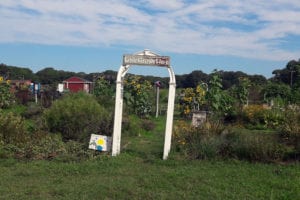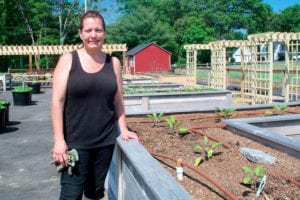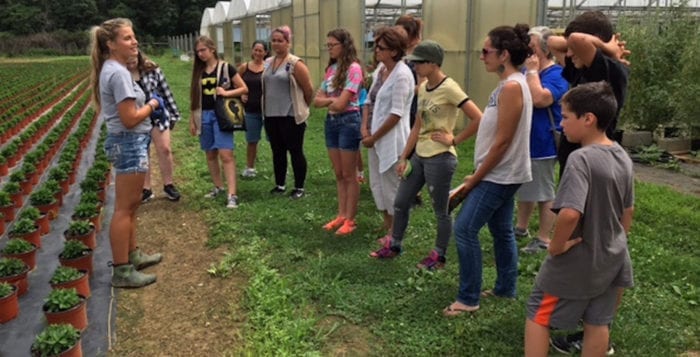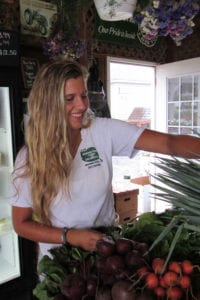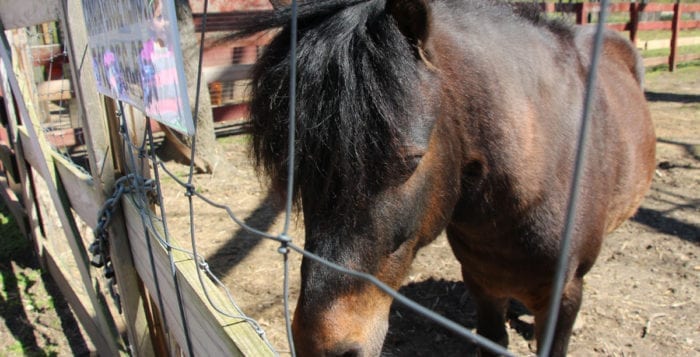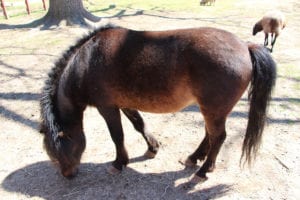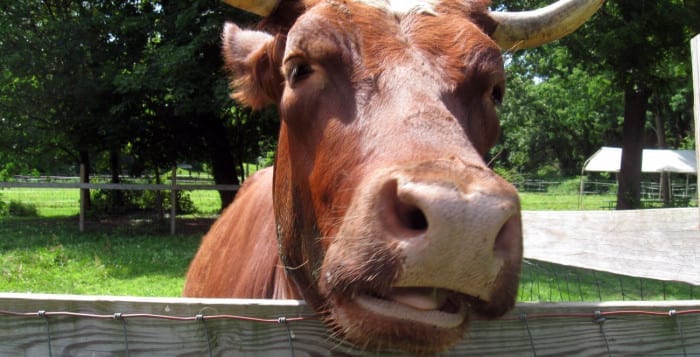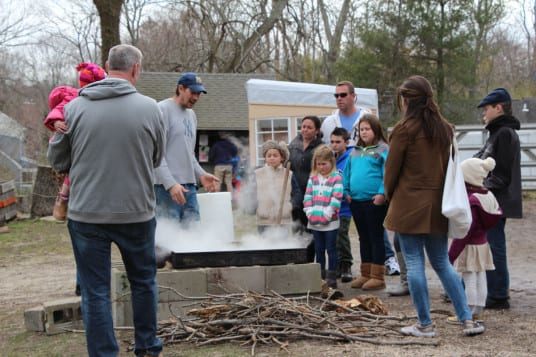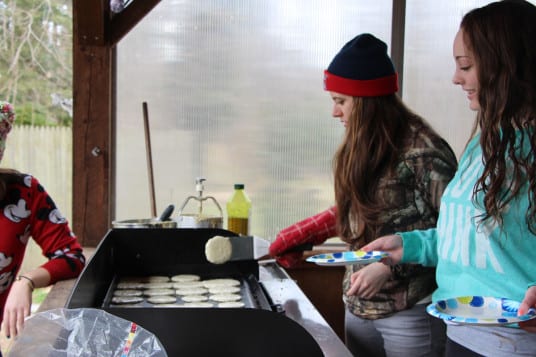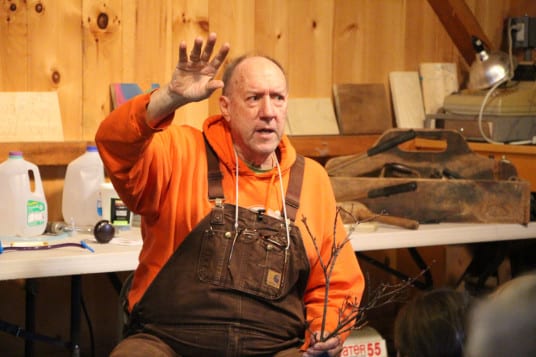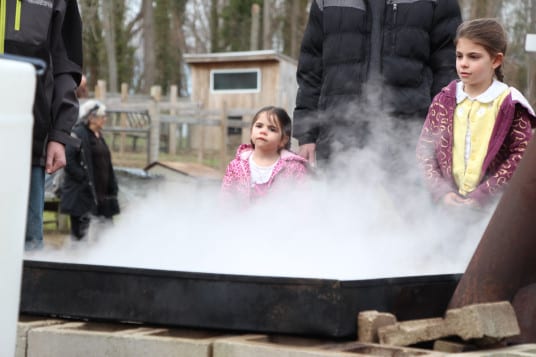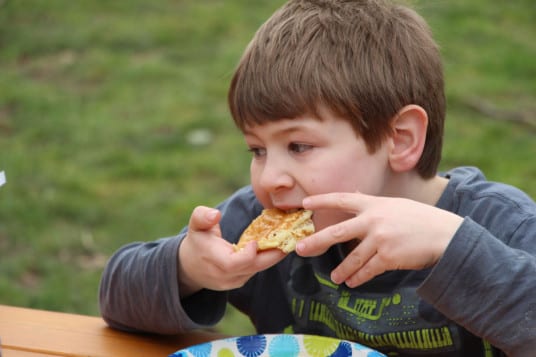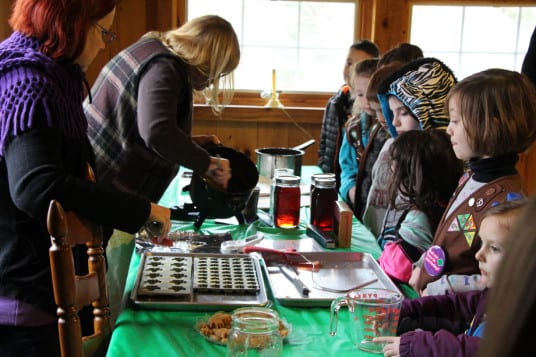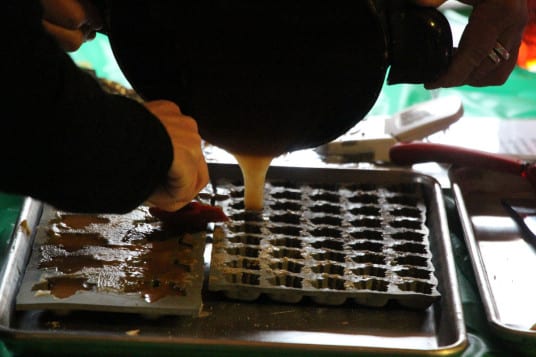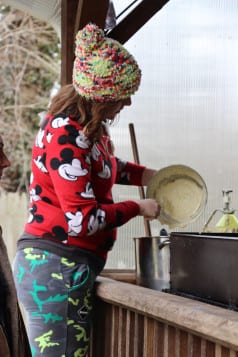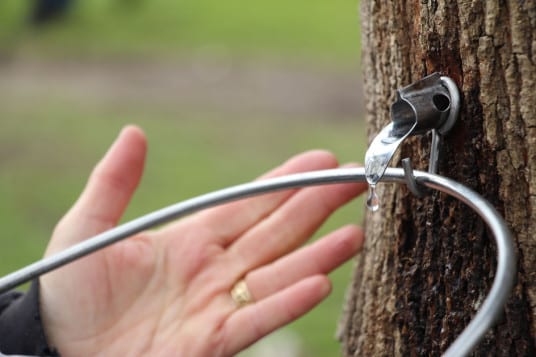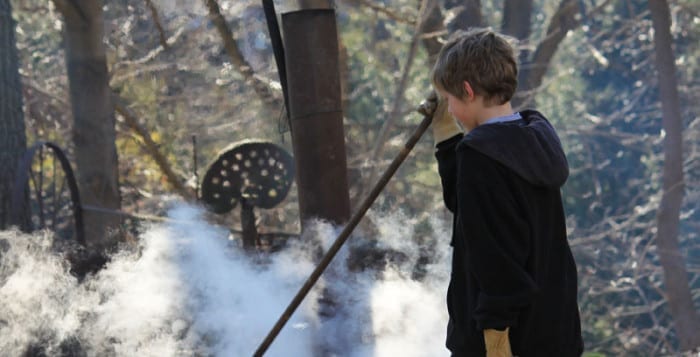By Leah S. Dunaief

“I’m bored!” exclaimed my cousin, when we were about 10 and sitting in the backyard of my grandfather’s former dairy farm in the Catskills one summer afternoon.
I thought about that for a few seconds. “What does bored mean?” I asked, genuinely puzzled.
“It means I have nothing to do,” she railed.
“Oh. I’ve never been bored,” I replied unhelpfully.
“What do you do when you have nothing to do?” she demanded.
Again it took a few seconds. “I think,” I offered lamely.
My aunt, her mother, who was sitting nearby, burst out laughing.
Looking disgusted, my cousin got up and walked away.
I thought of that exchange, so many years ago, when I saw the headline in last Tuesday’s New York Times: “Let Children Get Bored. It’s Good for Them.” The article went on to advise that “in moderate doses, boredom can offer a valuable learning opportunity, spurring creativity and problem solving and motivating children to seek out activities that feel meaningful to them.”
How, exactly, did I spend my summertime hours when a visit from my cousin was a rarity and there was nothing structured amid the grassy cow pastures?
By the beginning of July, during my elementary school years, I had my books already signed out from the neighborhood library. There was a rule limiting the number that could be withdrawn at one time, but the librarians knew me, knew that I would be taking them away for the summer, that I would take good care of them and return them in September, so they let me exceed the number. Often they would make recommendations that added to my pile. So reading made up a large part of my waking hours.
I also remember picking blueberries from the bushes that grew in the pasture behind the house. They were wild berries. I don’t think anyone planted them there. They were sweet and delicious, and when I had my fill, I would bring back a small amount for my mother and sister, who were with me during the week. My dad would come up by Shoreline Bus on the weekends, and then I would roam with him across many pastures, marked by low stone walls, collecting blueberries in greater quantities.
I would invent games, like selecting a large rock as a target, then throwing small rocks at it from increasing distances, keeping score from one day to the next. If it rained, I would empty the glass jar in which my mother kept loose coins, place a pot against the far wall of the kitchen, then try to pitch the coins into the pot. To this day, I have pretty good aim when I toss something.
As an offshoot from reading, I guess, I would write sometimes. One of my favorite stories was about the antics of the Bobbsey Twins, by Laura Lee Hope, and I would try to dream up adventures for them when I had finished their books. I also loved horses, read the whole series about the Black Stallion by Walter Farley, then tried to extend it with my own amateurish episodes.
Sitting in the shade of a tree, I know I did a lot of daydreaming. I don’t remember any of those thoughts, but I do recall that I loved the smell of the nearby evergreens when the breeze blew and the warmth of the sun on my skin as it dipped down below the level of the tree limbs. In the evening, we could hear the frogs croaking and see fireflies momentarily lighting up the night sky. There were stars, millions of stars that were not visible in the city. And there was The Lone Ranger on the radio at 7:30.
My sister was two years younger, and I would make up scenarios in which I would be Miss Brown, and she would be my secretary. I would send her on all kinds of made-up errands, like mailing a letter at a pretend postal box a block away, and she would gladly run to oblige.
There was an innocence and a peacefulness in those loosey-goosey days that I think today’s youth, with their cell phones and video games, never know.


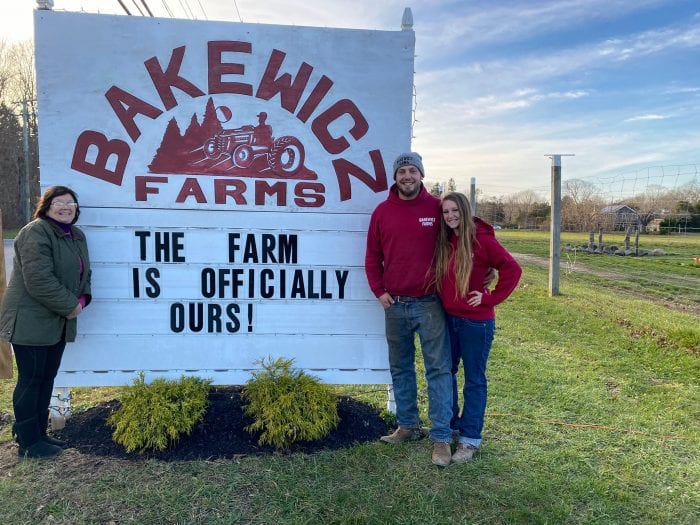
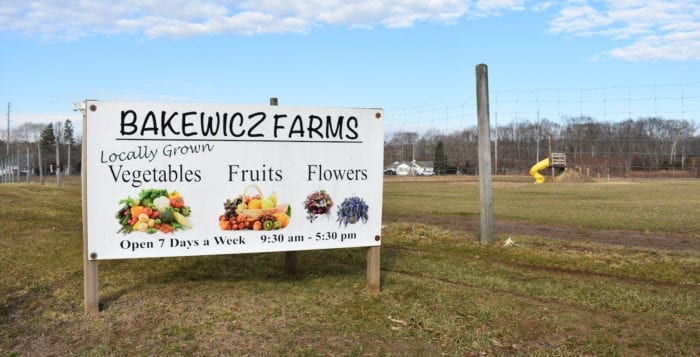
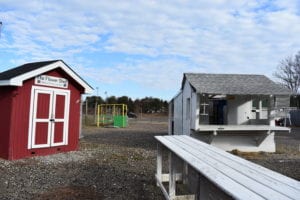 For years, New York State Gov. Andrew Cuomo (D) has set lofty goals for New York’s renewable energy production, particularly to have 50 percent of the state’s energy consumed to be renewable energy by 2030. In January, during his State of the State address, the governor announced the adoption of a Green New Deal to promote projects and jobs in the renewable energy economy.
For years, New York State Gov. Andrew Cuomo (D) has set lofty goals for New York’s renewable energy production, particularly to have 50 percent of the state’s energy consumed to be renewable energy by 2030. In January, during his State of the State address, the governor announced the adoption of a Green New Deal to promote projects and jobs in the renewable energy economy.
